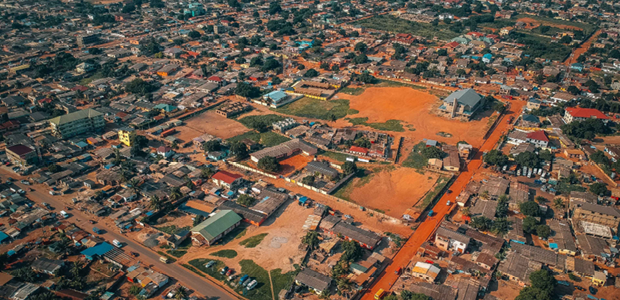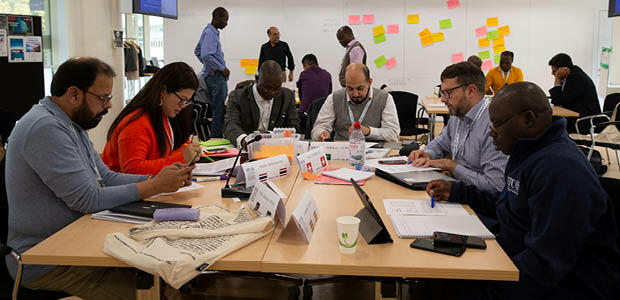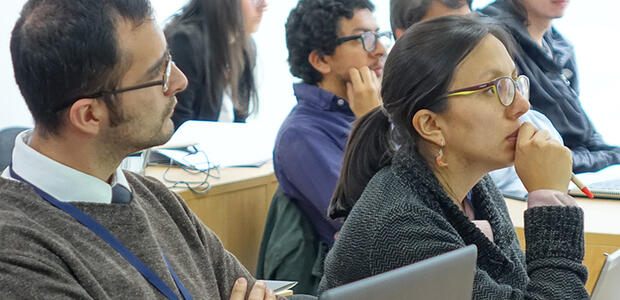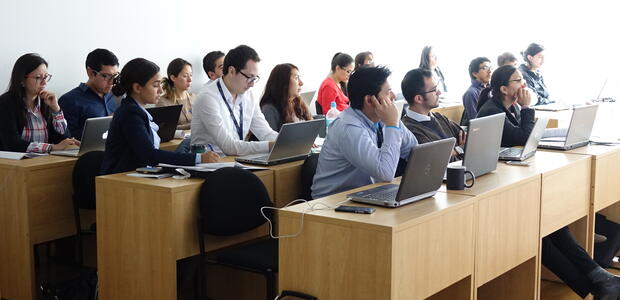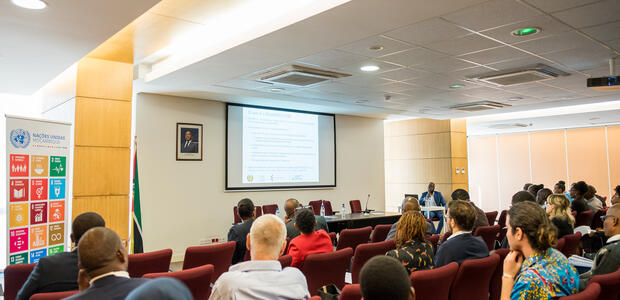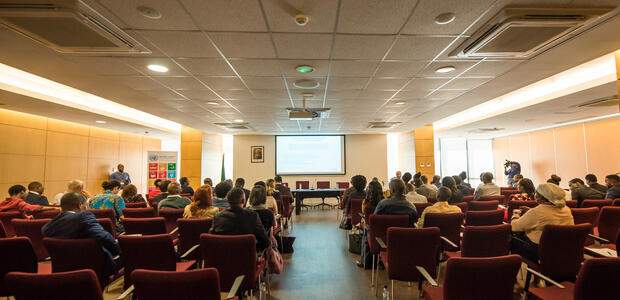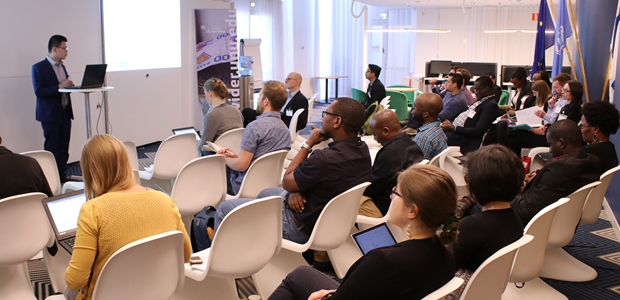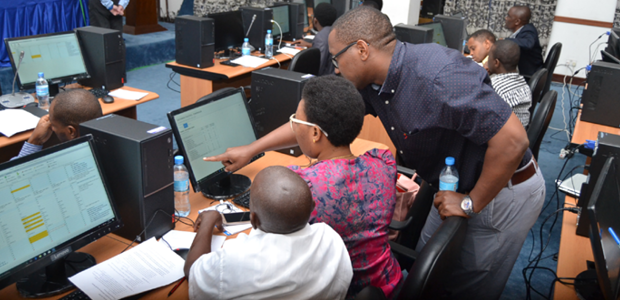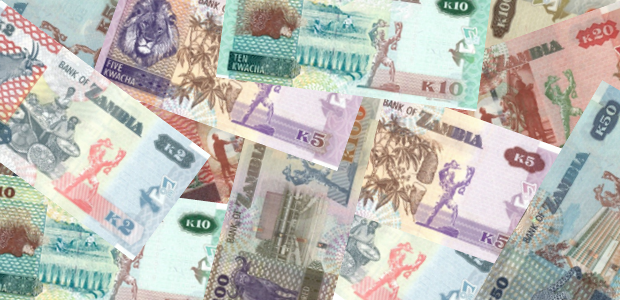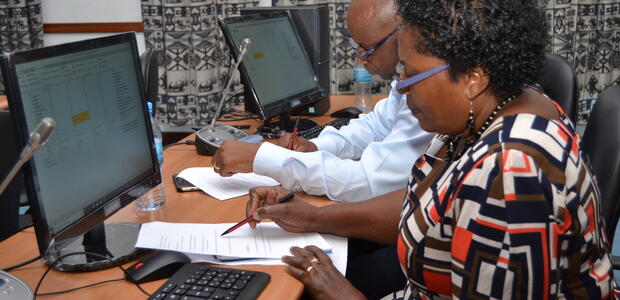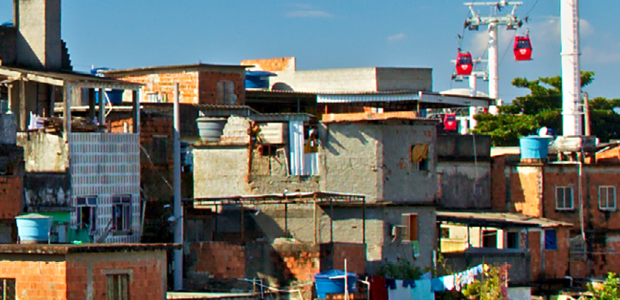
This page contains information on the SOUTHMOD project Phase 1. For the Phase 2 project information (2020-23) see here. For the Phase 3 project information (2024-2027) see here.
Tax-benefit microsimulation models, which combine representative household-level data on incomes and expenditures and detailed coding of tax and benefit legislation, have proven to be an extremely useful tool for researchers and policy makers alike. The models apply user-defined tax and benefit policy rules to micro-data on individuals and households and calculate the effects of these rules on household income.The effects of different policy scenarios on poverty, inequality, and government revenues can be analysed and compared.
Simulation in developing countries
While microsimulation models are routinely used by researchers and policy makers in developed countries, few developing countries have access to such tools. Many of the developing countries are now building up their social protection systems and the financing of public spending will need to be increasingly based on domestic tax revenues. In this process, understanding the system-wide impacts of different policy choices is critically important, and tax-benefit microsimulation models are very well suited for this purpose.
The following SOUTHMOD models and the associated input data are freely available for non-commercial research use: ECUAMOD (Ecuador), GHAMOD (Ghana), MicroZAMOD (Zambia), MOZMOD (Mozambique) and UGAMOD (Uganda). For the following countries, we can provide the models and the Stata do-files necessary to produce the underpinning input data set that corresponds to each model: Tanzania (TAZMOD), Vietnam (VNMOD), and Ethiopia (ETMOD). You can apply for access here. Models for Namibia (NAMOD) and South Africa (SAMOD) are available from SASPRI.
The research programme
This is the backdrop against which UNU-WIDER, the EUROMOD team at the Institute for Social and Economic Research (ISER) at the University of Essex, and Southern African Social Policy Research Institute (SASPRI) have launched a major research project in which tax-benefit microsimulation models for selected developing countries in Africa (Ethiopia, Ghana, Mozambique, Tanzania, Uganda, Zambia) and also elsewhere (Ecuador and Vietnam) have been built in addition to those that already exist for South Africa and Namibia. They can be used for analysing the impacts of different tax and benefit policy scenarios. The project is supported by UNU-WIDER, and based on joint research work with the three participating institutes and researchers from the countries for which the models will be built.
EUROMOD platform
The models are based on the EUROMOD platform. EUROMOD is both a widely-used tax-benefit model for European countries, but has also been found to be an ideal platform with which to develop microsimulation models for other countries. Indeed, researchers at SASPRI in collaboration with the EUROMOD team have successfully built models using the EUROMOD platform for South Africa and Namibia.
SOUTHMOD Phase 2 (2020-2023)
SOUTHMOD Phase 3 (2024-2027)
This is part of the The economics and politics of taxation and social protection project.
COUNTRY MODELS
Ecuador
Ethiopia
Ghana
Mozambique
Tanzania
Uganda
Viet Nam
Zambia
Video
Team
Focal point: Jukka Pirttilä, Pia Rattenhuber
Assistant: Kati Hirvonen
Communications: Annett Victorero
In Partnership
Quick Links
Filter by...
Policy Brief
Social protection, government revenue and microsimulation in developing countriesSocial protection has attracted increasing interest in developing countries in recent decades and policies have been initiated in all developing regions. When countries build up their social protection systems, they need reliable information and...
Report
SOUTHMOD country report Uganda - UGAMOD v1.1View the latest UGAMOD country report here. This report documents UGAMOD, the SOUTHMOD model developed for Uganda. This work was carried out by Uganda Revenue Authority (URA) and Makerere University in collaboration with the project partners. The...
Report
SOUTHMOD country report Mozambique - MOZMOD v2.3View the latest MOZMOD country report here. This report documents MOZMOD, the SOUTHMOD model developed for Mozambique. This work was carried out by the Ministry of Economy and Finance of Mozambique in collaboration with the project partners in the...
Report
SOUTHMOD country report Tanzania - TAZMOD v1.8View the latest TAZMOD country report here. This report documents TAZMOD, the SOUTHMOD model developed for Tanzania. This work was carried out by University of Dar es Salaam in collaboration with the project partners in the scope of the SOUTHMOD...
Report
SOUTHMOD country report Ecuador - ECUAMOD v1.4View the latest ECUAMOD country report here. This report documents ECUAMOD, the SOUTHMOD micrososimulation model developed for Ecuador. This work was carried out by the ISER in collaboration with the Instituto de Altos Estudios Nacionales and UNU...
Report
SOUTHMOD country report Zambia - MicroZAMOD v2.3View the latest MicroZAMOD country report here. This report documents MicroZAMOD, the SOUTHMOD model developed for Zambia. This work was carried out by Zambia Institute for Policy Analysis & Research (ZIPAR) in collaboration with the project partners...
Report
SOUTHMOD country report Ghana - GHAMOD v1.3View the latest GHAMOD country report here. This report documents GHAMOD, the SOUTHMOD model developed for Ghana. This work was carried out by the Institute of Statistical, Social and Economic Research (ISSER) and the University of Tampere in...
Journal Article
Editorial - SOUTHMOD: Modelling Tax-benefit Systems in Developing CountriesPart of Journal Special Issue SOUTHMOD: Modelling Tax-benefit Systems in Developing Countries
Journal Special Issue
SOUTHMOD: Modelling Tax-benefit Systems in Developing CountriesSocial protection has attracted increasing interest in developing countries in recent decades and policies have been initiated in all developing regions. Cash transfer policies are already in place in many African countries, but their coverage is...
Journal Article
Policy Transparency in the Public SectorPart of Journal Special Issue SOUTHMOD: Modelling Tax-benefit Systems in Developing Countries
Journal Article
Quantifying the Impacts of Expanding Social Protection on Efficiency and EquityPart of Journal Special Issue SOUTHMOD: Modelling Tax-benefit Systems in Developing Countries
Journal Article
Tax-benefit Microsimulation and Income Redistribution in EcuadorPart of Journal Special Issue SOUTHMOD: Modelling Tax-benefit Systems in Developing Countries
Journal Article
A Role for Universal Pension?Part of Journal Special Issue SOUTHMOD: Modelling Tax-benefit Systems in Developing Countries
Blog
Developing countries would benefit from improved tax collection: What can help?The ability to raise revenues from taxes – called “fiscal capacity” – is a crucial aspect for the functioning of any state. Being able to tax citizens...
Working Paper
Financing the Zambia social cash transfer scale-upThis paper assesses the effects on poverty and inequality of the alternative targeting approaches that Zambia’s Social Cash Transfer programme could take as its expansion continues during the period of the country’s Seventh National Development Plan...
Working Paper
Microsimulation analysis of the impact of indirect tax benefits on income distribution and poverty alleviation in TanzaniaThis paper analyses the impacts of indirect tax policy reforms on income distribution and poverty in Tanzania by applying a standard static microsimulation model TAZMOD v1.8. The simulations model two indirect tax reforms involving changes to the...
Working Paper
Financial disincentives to formal workThe aim of this paper is to quantify the financial cost that informal workers would incur in the event of entering formality, accounting for potential earnings gains upon entry. To do so, we use representative microdata from Ecuador and Colombia...
Working Paper
Learning from the ʻbestʼRedistributive systems in Africa are still in their infancy but are constantly expanding in order to finance increasing public spending. This paper aims at characterizing the redistributive potential of six African countries: Ghana, Zambia...
Working Paper
Income redistribution in Latin AmericaWe analyse the effect of taxes and benefits on income distribution of six Latin American countries: Argentina, Bolivia, Colombia, Ecuador, Uruguay, and Venezuela. Our analysis makes use of tax-benefit microsimulation models based on harmonized...
Working Paper
Assessing the quality of the income data used in SAMOD, a South African tax-benefit microsimulation modelIn this paper we explore the income data in two surveys that underpin a South African tax-benefit microsimulation model. The simulated taxes and benefits using each dataset are compared with each other and with administrative data for a common time...
Working Paper
Tax-benefit microsimulation model in developing countriesThis study aims to expand the use of tax-benefit microsimulation tools in Indonesia. In particular, it reviews the feasibility of expanding SOUTHMOD, a tax-benefit microsimulation model being applied in developing countries that was developed based...
Working Paper
Top income adjustments and tax reforms in EcuadorTop income under-coverage in developing countries not only leads to downward biased inequality indicators but might also affect the ex-ante evaluation of progressive tax reforms. We propose a simple adjustment to top incomes for formal employees (e.g...
Working Paper
The distributional impact of tax and benefit systems in six African countriesThis paper assesses the effects of public policies on income taxes and benefits in six African countries. The comparative analysis focuses on the distribution and composition of incomes and assesses the effect of these policies on inequality and...
Working Paper
Unemployment insurance and income protection in EcuadorThis paper explores the role of the recently introduced unemployment insurance benefit (seguro de desempleo) in protecting incomes in case of unemployment in Ecuador. We use ECUAMOD, the tax-benefit microsimulation model for Ecuador, to simulate...
Working Paper
Effects of an education reform on household poverty and inequalityThe level of income can be directly inferred from the level of education, making education an important variable as a key determinant of better livelihoods and poverty alleviation. However, in most developing countries education is not accessible to...
Blog
Developing a microsimulation model for Mozambique – from inception to impactThe tax-benefit microsimulation model developed for Mozambique, MOZMOD, has proved to be valuable in analysing the impacts and budget implications of...
Working Paper
Income under-reporting and tax evasionPersonal income tax is attracting more attention from the Vietnamese government, which has been looking for a way to reinforce its budget revenue. Although this tax plays an increasing role, representing 7.3 per cent of the revenue expected in 2018...
Working Paper
Simulating policy options for universal child allowances in GhanaThis paper considers the case for universal child allowances in Ghana. It follows findings from an earlier study of 14 middle income countries that examined optimal approaches to reduce child poverty using universal categorical child allowances. The...
Working Paper
Fuel subsidies and income redistribution in EcuadorThis paper aims to evaluate the progressivity of different fuel subsidies in Ecuador as well as the budgetary and distributional effects of a potential elimination of such subsidies. Our analysis makes use of ECUAMOD, the tax-benefit microsimulation...
Report
SOUTHMOD Country Report Viet Nam - VNMOD v1.0View the latest VNMOD country report here. This report documents VNMOD, the SOUTHMOD model developed for Viet Nam. This work was carried out by the Central Institute for Economic Management (CIEM) in collaboration with KU Leuven and the project...
Context
Main subject
This project is part of The economics and politics of taxation and social protection
Theme: 2014-18, Inclusion
 Join the network
Join the network
